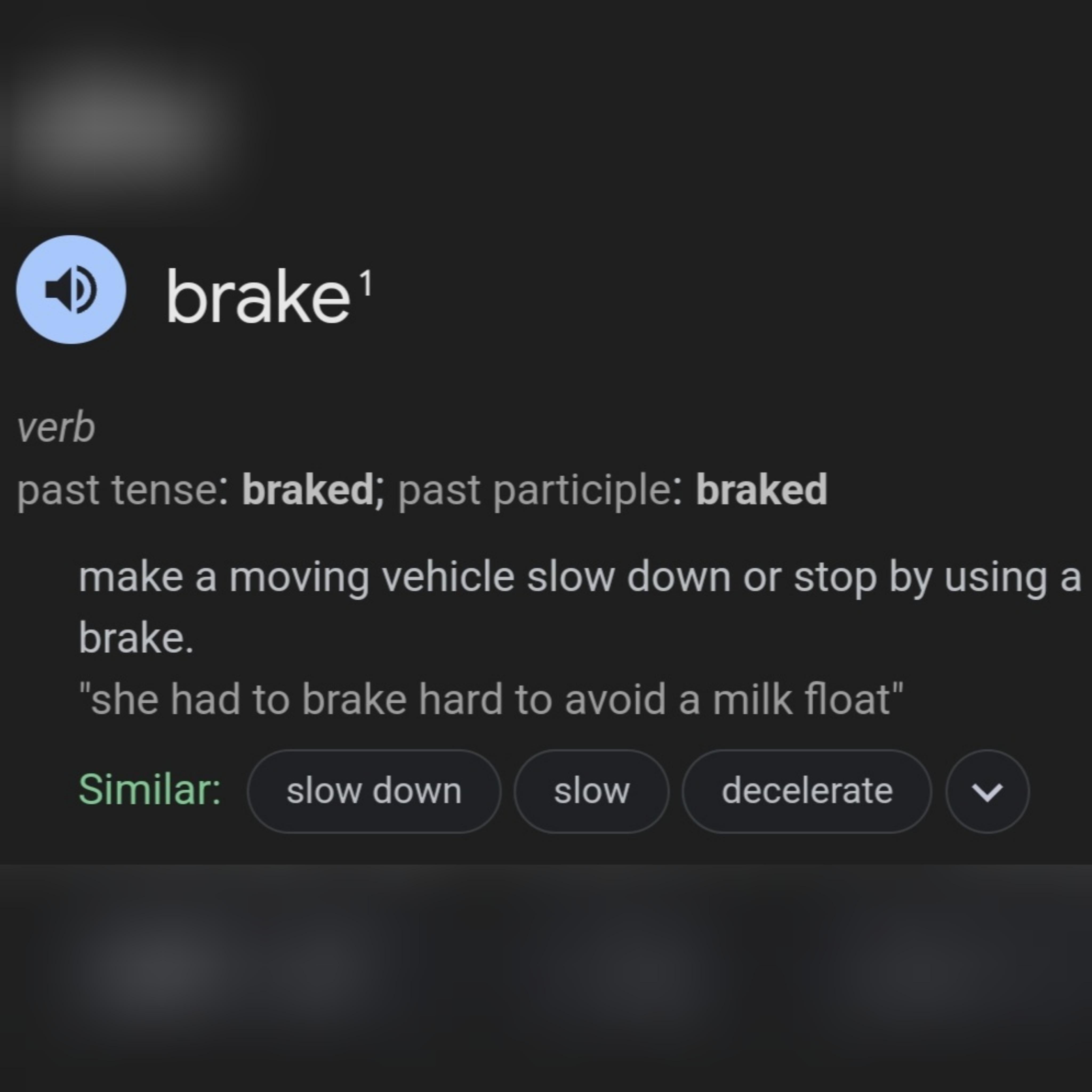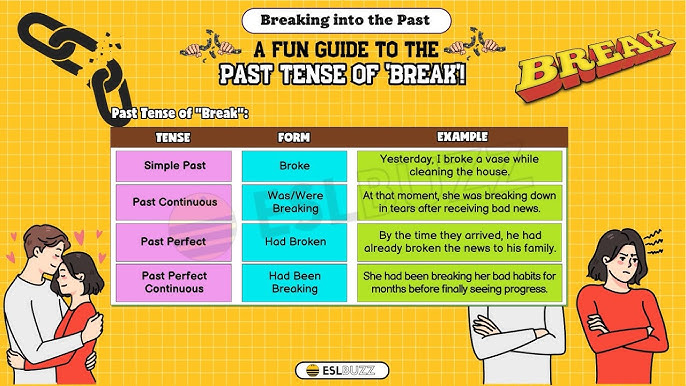My Little Adventure with the Past Tense of “Brake”
So, the other day, I was busy typing away, trying to get an email sent off. You know how it goes – you’re in the zone, words are flowing, and then suddenly, wham! You hit a word, and your brain just stalls. This time, for me, that word was “brake.” I was trying to explain how someone quickly stopped their car, and I needed the past tense.

My very first thought, and you might chuckle, was just to stick an “-ed” on the end: “braked.” Yeah, “He braked hard.” It seemed straightforward enough; lots of verbs work just like that. I even typed it out. But then, this little voice in my head started up, “Hang on, is that really the right way?” It just didn’t feel 100% solid.
Getting to the Bottom of It
This tiny bit of doubt started to really bother me. It’s funny, isn’t it, how these small language things can completely throw you off your game when you’re trying to concentrate on something else. So, I put my email on hold for a second. I figured I should clear this up before I sent anything. My process was nothing fancy, really:
- First off, I just tried saying the options out loud. “He braked.” Okay. Then I thought, “He broke.” But hold on, “broke” is what happens when you drop a glass, right? That’s the past of “break,” not “brake” for stopping a car. Big difference!
- That got me thinking about those pesky irregular verbs, the ones that don’t just take an “-ed.” Like “sing” becomes “sang,” or “drive” becomes “drove.” Was “brake” one of those?
- I wracked my brain for a moment, focusing on “brake” meaning “to stop.”
And then, like a little lightbulb switching on, it clicked. My initial gut feeling was actually on the money! The confusion, I think, came from “brake” sounding so much like “break.” My brain was trying to make it more complicated than it needed to be by associating it with “break” (to shatter) and its past tense “broke.”
So, What’s the Verdict?
After my little mental workout, I confirmed it. The past tense of “brake,” when you’re talking about slowing down or stopping, is indeed braked. As in, “She braked sharply when the light turned red.”

Looking back, it seems a bit daft to get worked up over such a common word. But let’s be honest, sometimes it’s the simplest words that catch you out, especially when there’s another word that sounds almost the same but behaves differently. “Brake” (the pedal or the action of stopping) and “break” (to shatter or a pause) can easily get tangled up in your head.
It just goes to show, it never hurts to take a moment and double-check if something feels a bit off. Now, if anyone ever asks me, I’ll remember my little email-writing hiccup and confidently tell them, “It’s ‘braked’!” And I also had a good reminder that English is full of these little quirks that keep us on our toes. It’s all part of the fun, I suppose!


